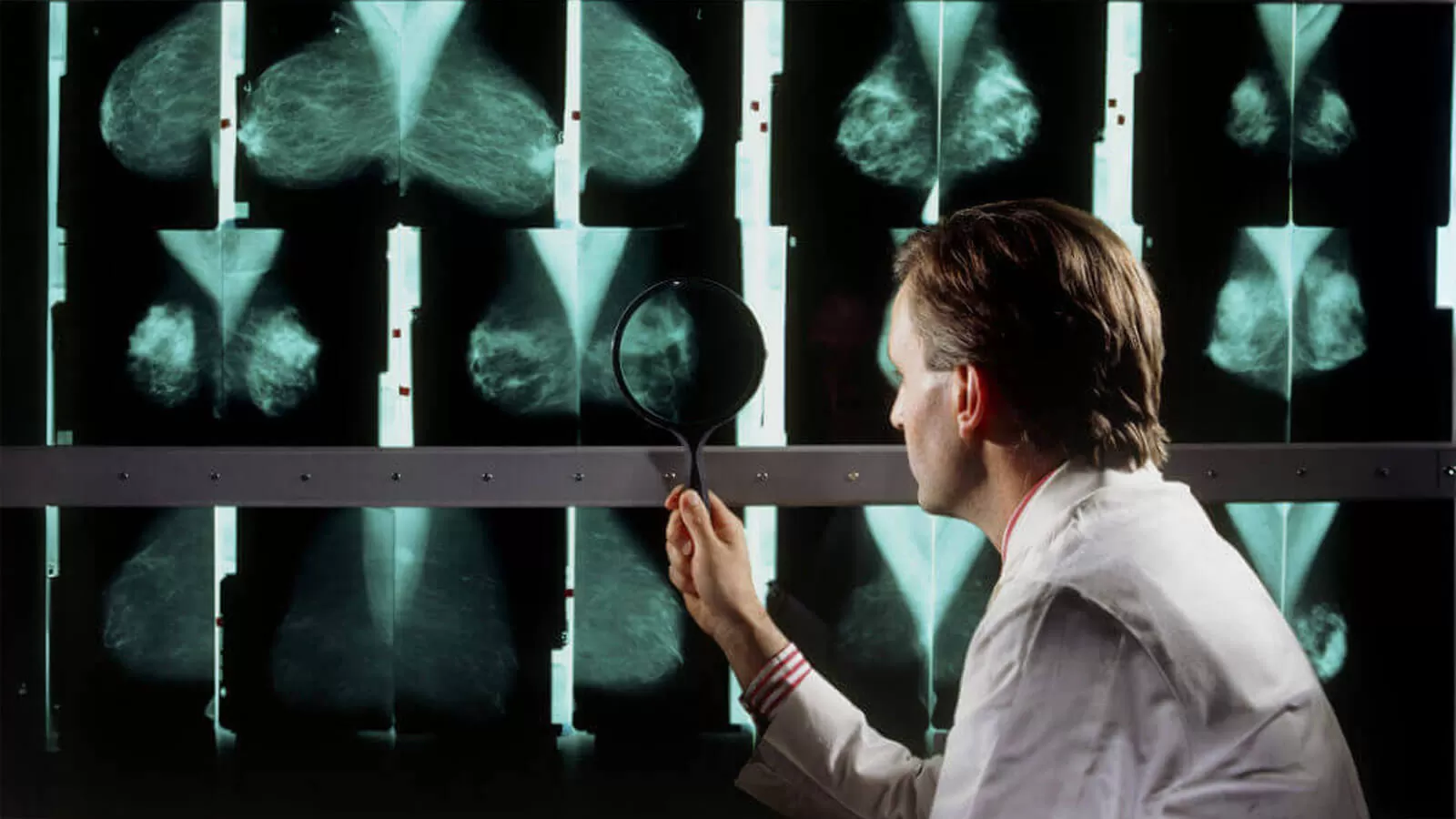4 Breakthroughs in Breast Cancer Treatment

One out of eight women will develop invasive breast cancer in her lifetime. (Science Photo Library)
Advances in genetic testing, immunotherapy, and other areas are transforming the way we treat breast cancer.
Survival rates for breast cancer have improved in recent decades. That’s good news for the approximately 250,000 women expected to be diagnosed in the U.S. in 2016. In recent years, scientists have been harnessing genetics, immunotherapy, and other innovative treatments to more precisely diagnose and target the disease. Read on to learn more about four recent breakthroughs that are helping shape the way breast cancer is treated.
1. 3-D Mammography
3-D mammography, also known as tomosynthesis or “tomo,” captures X-ray images of breast tissue at multiple angles to create a digital 3-D picture of the breast. Compared to flat 2-D images, this new technology allows doctors to examine breast tissue layer-by-layer.
With these more precise images, doctors can detect breast abnormalities and tumors at earlier stages. This new technology, according to one recent study, also can reduce the number of false alarms that require women to return for additional, unnecessary testing.
2. Tumor Profiling
Doctors are discovering more and more that one-size-fits-all is not the best approach to treating cancer, including breast cancer. Previously, the two main factors in deciding treatment have been the tumor’s stage and whether it has a significant amount of hormone receptors, which will determine if certain therapies will be effective.
Now doctors are also “tumor profiling,” looking for certain genes within the tumor to help select the most appropriate treatment path. Used in patients with early-stage, hormone receptor positive breast cancer, looking at the genetic profile of the tumor can help predict whether the cancer is likely to reoccur or metastasize and whether chemotherapy is recommended.
3. Immunotherapy
Immunotherapy, or using the body’s immune system to recognize and kill tumors, has shown great promise in recent years for several types of cancers, notably melanoma and lung cancer. Historically, experts believed that breast cancer was immunologically silent — the body’s immune system could not detect breast cancer cells — resulting in limited studies in this area. But some results in clinical trials show that immunotherapy could potentially be effective against two less-common aggressive subtypes, HER2-positive and triple-negative breast cancer.
4. New Treatments for Metastatic Cancers
In 2016, some 40,000 women are expected to die from metastatic breast cancer, the most advanced stage of the disease (stage IV), when cancer cells spread to other organs of the body. While there is no cure for metastatic breast cancer, recent breakthroughs in treatments have helped control the cancer and improve quality of life.





